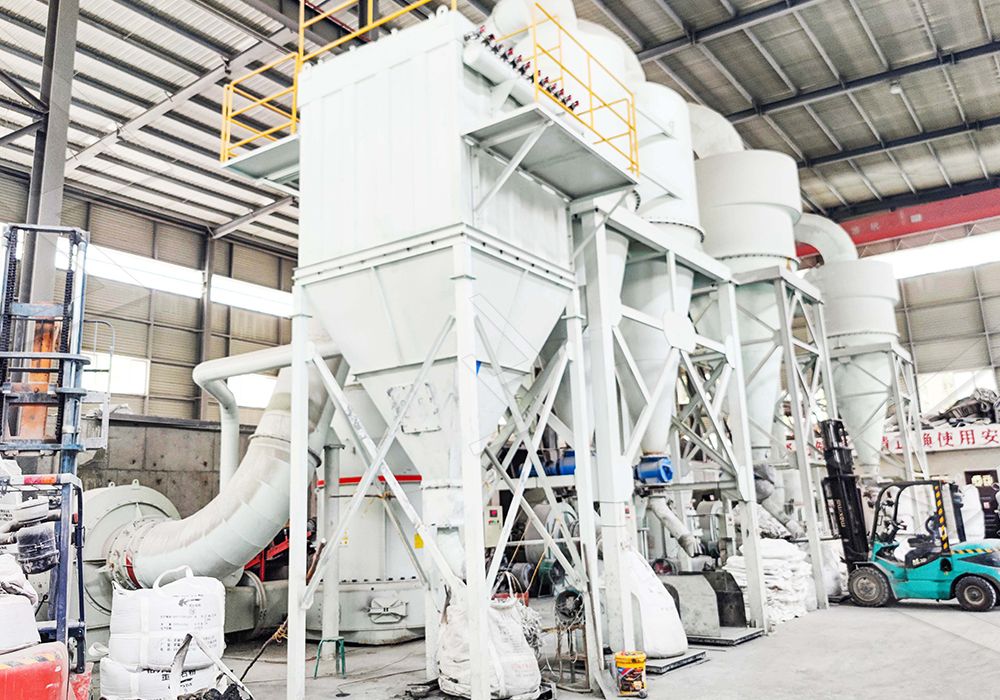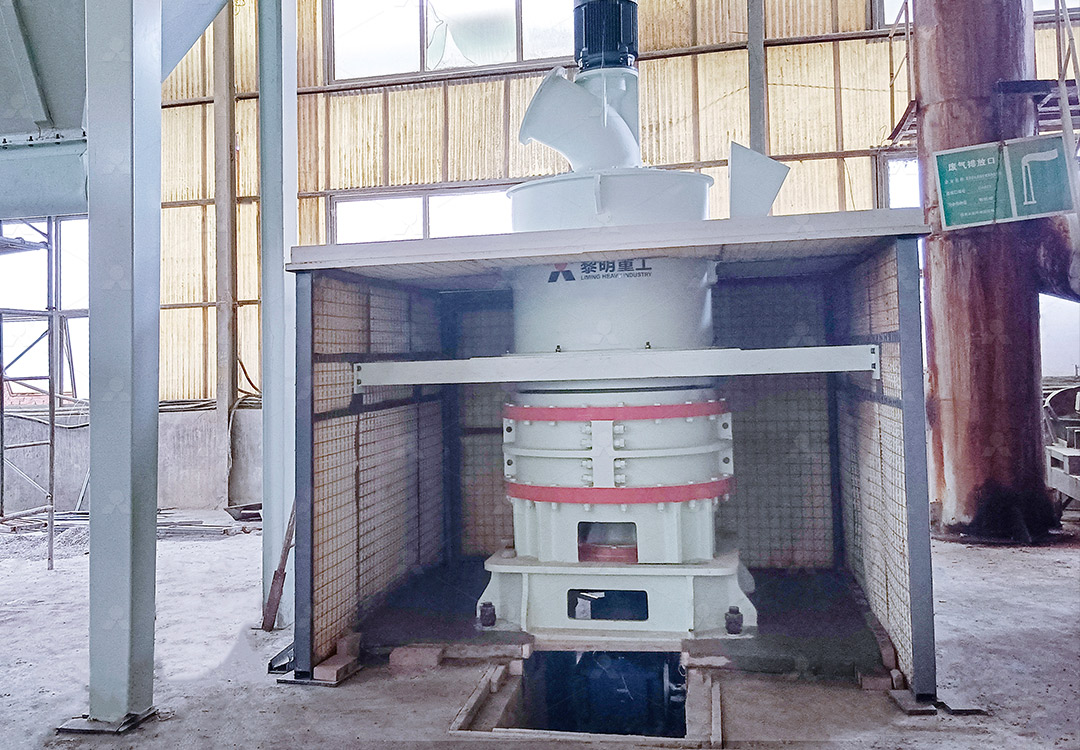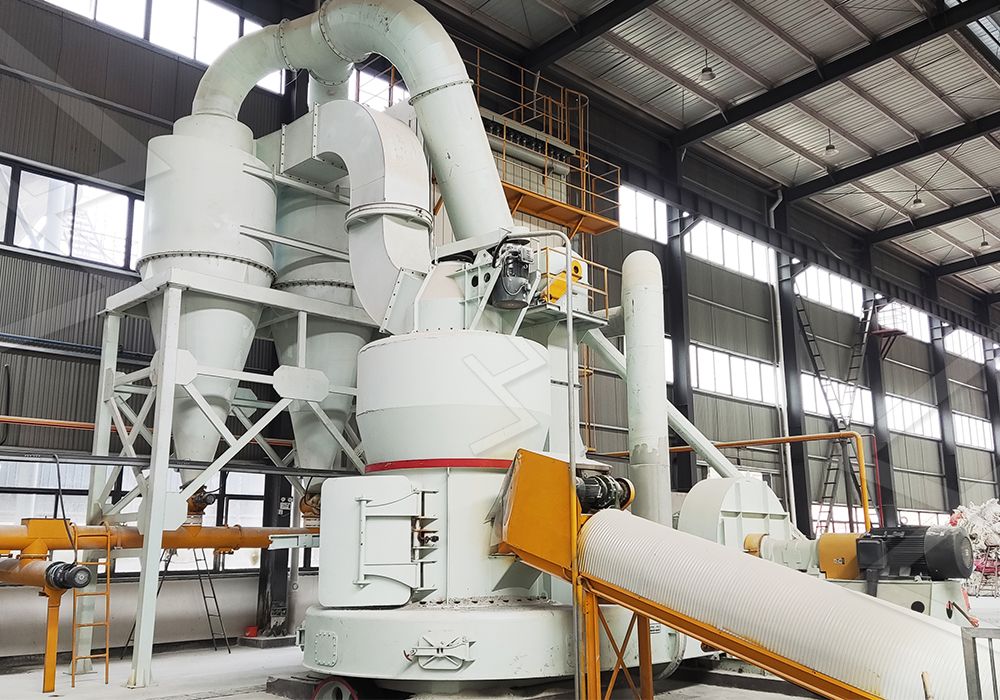150 Mesh Feldspar Grinding Mill: A Comprehensive Guide
We provide a wide range of mills — including Raymond mill, trapezoidal mill, vertical mill, ultrafine mill, and ball mill, obtained ISO9001 international quality certification, EU CE certification, and Customs Union CU-TR certification. Suitable for processing minerals such as limestone, phosphate, quicklime, kaolin, talc, barite, bentonite, calcium carbonate, dolomite, coal, gypsum, clay, carbon black, slag, cement raw materials, cement clinker, and more.
The discharge range of these mills can be adjusted to meet specific processing needs, typically from 80-400 mesh, 600-3250 mesh, and can achieve the finest particle size of up to 6000 mesh(D50).
If you are looking for a reliable grinding solution to turn stone or minerals into fine powder, please feel free to contact our online customer service.
150 Mesh Feldspar Grinding Mill: A Comprehensive Guide
Feldspar, one of the most abundant minerals in the Earth’s crust, requires precise grinding to achieve the optimal 150 mesh size for various industrial applications. This specific fineness is crucial for ceramics, glass manufacturing, and fillers in paint and plastics, where particle size directly affects product quality and performance.

Understanding 150 Mesh Requirements
When we refer to 150 mesh in mineral processing, we’re specifying particles that will pass through a screen with 150 openings per linear inch, equivalent to approximately 106 microns. Achieving this consistent particle size distribution requires specialized equipment capable of precise grinding control while maintaining energy efficiency and production capacity.
The challenge in feldspar grinding lies in the mineral’s moderate hardness (6-6.5 on Mohs scale) and the need to prevent iron contamination during processing. Traditional grinding methods often fall short in maintaining the chemical purity required for high-value applications.
Advanced Grinding Solutions
For operations requiring 150 mesh feldspar powder, our MW Ultrafine Grinding Mill presents an ideal solution. This advanced mill system handles input sizes up to 20 mm and delivers throughput capacities ranging from 0.5 to 25 tons per hour, making it suitable for both medium and large-scale operations.
The MW series stands out with its innovative design that eliminates rolling bearings and screws within the grinding chamber. This engineering decision prevents common failure points and eliminates concerns about bearing damage or loose screws causing operational downtime. The external lubrication system allows for maintenance without shutdowns, supporting continuous 24-hour production cycles.

Environmental and Efficiency Considerations
Modern mineral processing demands more than just particle size control—it requires environmental responsibility. The MW Ultrafine Grinding Mill addresses this with its integrated efficient pulse dust collector and muffler system, effectively containing dust and reducing noise pollution. The complete milling system operates without generating dust pollution, aligning with stringent international environmental standards.
What truly sets this technology apart is its energy efficiency. Compared to conventional jet mills, the MW system consumes approximately 30% less energy while achieving 40% higher production capacity. When compared to traditional ball mills, the output doubles under the same power consumption parameters, representing significant operational cost savings.
Precision Control for Consistent Quality
The heart of the MW mill’s precision lies in its German-engineered cage-type powder selector. This technology enables exact control over particle size distribution, allowing operators to fine-tune the fineness between 325-2500 meshes. For 150 mesh feldspar production, this means exceptional consistency batch after batch, with screening rates achieving d97≤5μm in a single pass.
For operations requiring different specifications or handling various mineral types, our LUM Ultrafine Vertical Grinding Mill offers complementary capabilities. With its input size of 0-10 mm and capacity of 5-18 tph, it incorporates the latest Taiwanese grinding roller technology and German powder separating technology for exceptional performance in ultrafine powder applications.

Application-Specific Advantages
Beyond feldspar, these grinding systems efficiently process limestone, calcite, dolomite, petroleum coal, gypsum, barite, marble, talc, and various other non-metallic minerals. The flexibility to handle multiple materials makes them valuable assets for operations processing different mineral commodities.
The digital processing employed in manufacturing these mills ensures exceptional precision, particularly for core components. With numerical control governing cutting, bending, planing, milling, and paint spraying operations, every mill delivers consistent performance and reliability.
Frequently Asked Questions
What makes the MW Ultrafine Grinding Mill suitable for 150 mesh feldspar production?
The MW mill’s advanced powder selection system and adjustable grinding parameters allow precise control to achieve consistent 150 mesh particle size distribution, while its efficient design minimizes energy consumption and maintenance requirements.
How does the MW mill compare to traditional ball mills for feldspar grinding?
The MW mill delivers twice the production capacity of ball mills with equivalent power consumption, while also providing better particle size control, lower iron contamination risk, and significantly reduced physical footprint.
What maintenance advantages does the MW Ultrafine Grinding Mill offer?
With no rolling bearings or screws in the grinding chamber and external lubrication points, the MW mill reduces maintenance frequency and complexity. The design prevents common failure points and enables continuous 24-hour operation with minimal intervention.
Can the same mill process materials other than feldspar?
Yes, the MW Ultrafine Grinding Mill efficiently processes various non-metallic minerals including limestone, calcite, dolomite, gypsum, barite, and talc, making it a versatile investment for mineral processing operations.
What environmental features does the MW mill incorporate?
The system includes an efficient pulse dust collector that eliminates dust pollution, along with silencers and noise elimination features that keep operations within environmental compliance standards.
